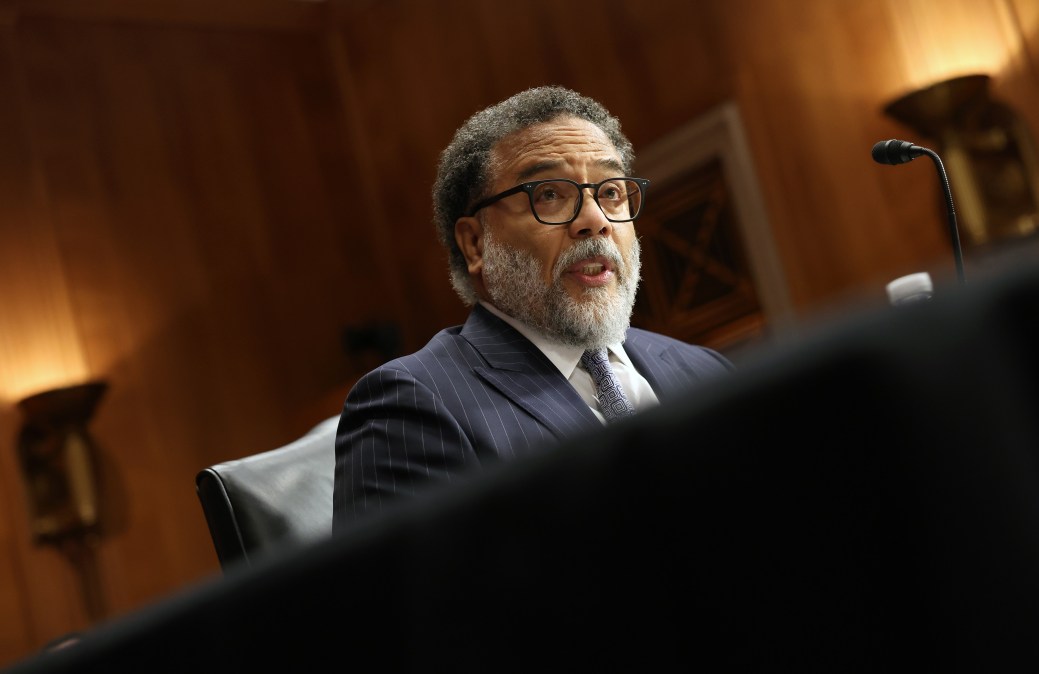White House moves to ease education requirements for federal cyber contracting jobs

National Cyber Director Harry Coker said on Thursday that he is working with the Office of Management and Budget to remove the requirement for four-year degrees for some federal cybersecurity contracting jobs as part of the Biden administration’s push to boost hiring of cybersecurity professionals.
In his first public remarks since being confirmed as the national cyber director in December, Coker said he is working to improve the diversity of cybersecurity workers and to eliminate barriers that have historically excluded women and people of color from cybersecurity jobs.
“We need to make cyber jobs more available and attainable for groups that traditionally haven’t been recruited and developed,” Coker said in remarks at the Community College of Baltimore County. “The only way we can defend the digital systems that lay the foundation for our modern way of life is to be sure that every American and people from every community have a pathway to a cyber-based career.”
To ease barriers to hiring, Coker said his office is working with OMB to reduce educational requirements that prevent skilled cybersecurity workers from getting hired into the federal contract positions. Later this year, Coker said the federal government plans to carry out a series of hiring sprints, which will include recruiting events at places neglected by the federal government in the past, to fill open cybersecurity positions.
Coker pointed to community colleges like CCBC — which is designated by the National Security Agency as a center for academic excellence in cybersecurity — as avenues by which students can gain the technical skills at low or no cost and help fill the staggering number of open cybersecurity positions.
While the exact number of vacant cybersecurity positions differ among various estimates, Coker said that he believes there are at least half a million open positions in the industry in desperate need of being filled, at a time when digital systems are increasingly being targeted for attack.
Biden administration officials have described their efforts to diversify the ranks of cybersecurity workers as an initiative to deliver both security gains and economic development. White House officials have argued that cybersecurity positions represent a path to stable middle-class employment and as a way to spread the gains of the digital revolution to underserved communities.
In a strategy document released last year, the Biden administration outlined a four-pronged approach to boosting the cybersecurity workforce focused on improving cybersecurity education, equipping Americans with cybersecurity skills, growing the workforce and growing the ranks of federal cybersecurity workers.
This article was updated to clarify that Coker was speaking specifically about federal contracting jobs in his discussions with OMB about the elimination of four-year degree requirements.



